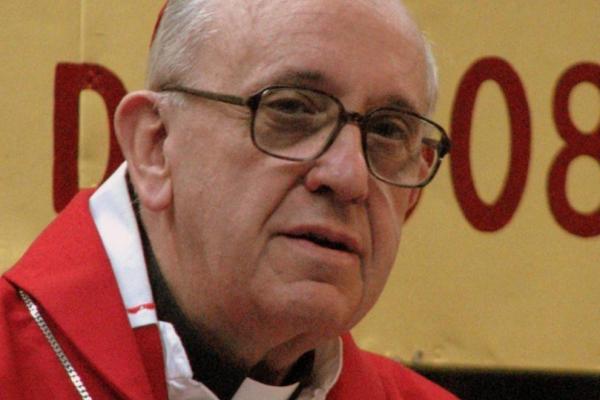Jesuits are bound by oath not to seek higher office in the Roman Catholic Church, and now one of them has been elected to its highest office: Bishop of Rome, Vicar of Christ, Pontifex Maximus.
“On the one hand, Jesuits aren’t supposed to be in positions of authority,” said the Rev. Joseph Fessio, a Jesuit and founder of Ignatius Press. “On the other hand, they’re supposed to be obedient to the church.” Pope Francis, the first Jesuit to become pope, not only represents a paradox for the papacy, but also the larger history of the Society of Jesus, as the Jesuits are formally known.
The Jesuits have played a key role in the history of the church. For centuries, they have served as its leading missionaries, founded its most prestigious universities and committed themselves to alleviating the deepest poverty.
Read the Full Article

